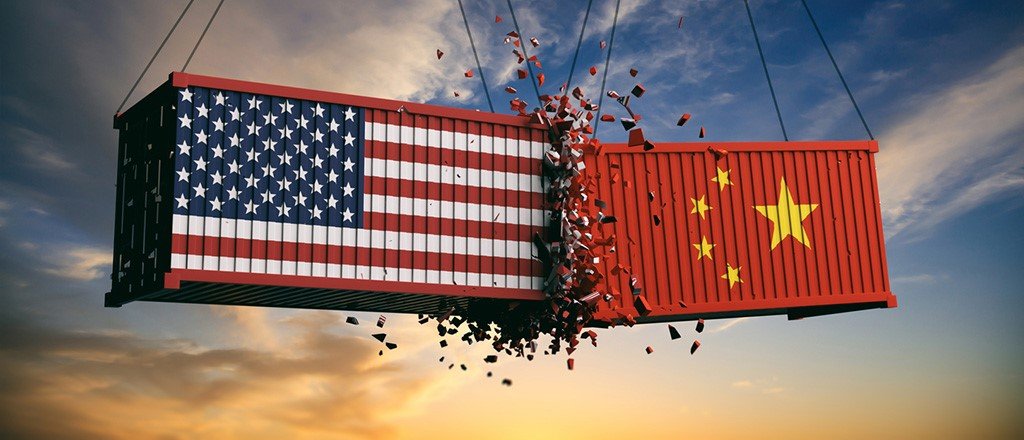In recent years, the United States has found itself embroiled in a series of trade conflicts, marked by the imposition of tariffs on imported goods. These tariffs, often touted as protective measures for domestic industries, have sparked intense debates about their efficacy and impact on the American economy. As businesses strive to navigate through this uncertain terrain, it becomes imperative to analyze the effects of tariffs on various sectors and assess the broader implications for the nation’s economic landscape.

One of the primary arguments in favor of tariffs is their purported role in safeguarding domestic industries from unfair competition. By levying tariffs on imported goods, policymakers aim to make foreign products more expensive, thus encouraging consumers to opt for domestically produced alternatives. Proponents argue that this protectionist approach can revitalize struggling industries, preserve jobs, and reduce reliance on imports.
However, the reality is often more complex. While certain industries may benefit from protectionist measures, others bear the brunt of retaliatory tariffs imposed by trading partners. For instance, the agricultural sector, a vital component of the American economy, has been particularly vulnerable to retaliatory measures from countries targeted by U.S. tariffs. Export-dependent farmers find themselves facing reduced access to foreign markets, diminished export revenues, and increased competition from domestic substitutes.
Moreover, tariffs disrupt global supply chains, leading to higher production costs for businesses reliant on imported inputs. Manufacturers, especially those in sectors such as automotive and electronics, face the dual challenge of navigating increased costs for raw materials and components, as well as reduced competitiveness in international markets. Consequently, businesses may be compelled to pass on these additional expenses to consumers in the form of higher prices, dampening overall demand and economic growth.
The adverse effects of tariffs extend beyond specific industries, permeating through the broader economy. Uncertainty stemming from trade tensions can hinder investment decisions, impede business expansion, and undermine consumer confidence. In an interconnected global economy, disruptions in trade relations reverberate across borders, affecting not only businesses directly involved in international trade but also those in related industries.
Furthermore, tariffs have geopolitical ramifications, straining diplomatic relations and eroding trust between trading partners. Escalating trade tensions can trigger retaliatory measures, leading to a downward spiral of protectionism that stifles economic cooperation and innovation. In an increasingly interconnected world, fostering an environment of open trade and mutual cooperation is crucial for sustainable economic development.
To mitigate the adverse effects of tariffs, policymakers must adopt a nuanced approach that balances protectionist measures with the imperative of maintaining a free and open trading system. This necessitates targeted support for industries facing acute challenges due to trade disruptions, coupled with efforts to diversify export markets and reduce dependency on a few key trading partners.
Furthermore, investing in workforce training and retooling initiatives can enhance the competitiveness of domestic industries, enabling them to adapt to evolving market dynamics and technological advancements. Embracing innovation and fostering entrepreneurship are essential for driving long-term economic growth and resilience in the face of external shocks.
In conclusion, while tariffs may offer temporary reprieves for certain industries, their long-term ramifications pose significant challenges for American businesses and the broader economy. Navigating trade wars requires a multifaceted approach that prioritizes economic stability, innovation, and cooperation on the global stage. By fostering an environment conducive to growth and adaptation, the United States can navigate the complexities of the modern trade landscape and emerge stronger in the face of adversity.


